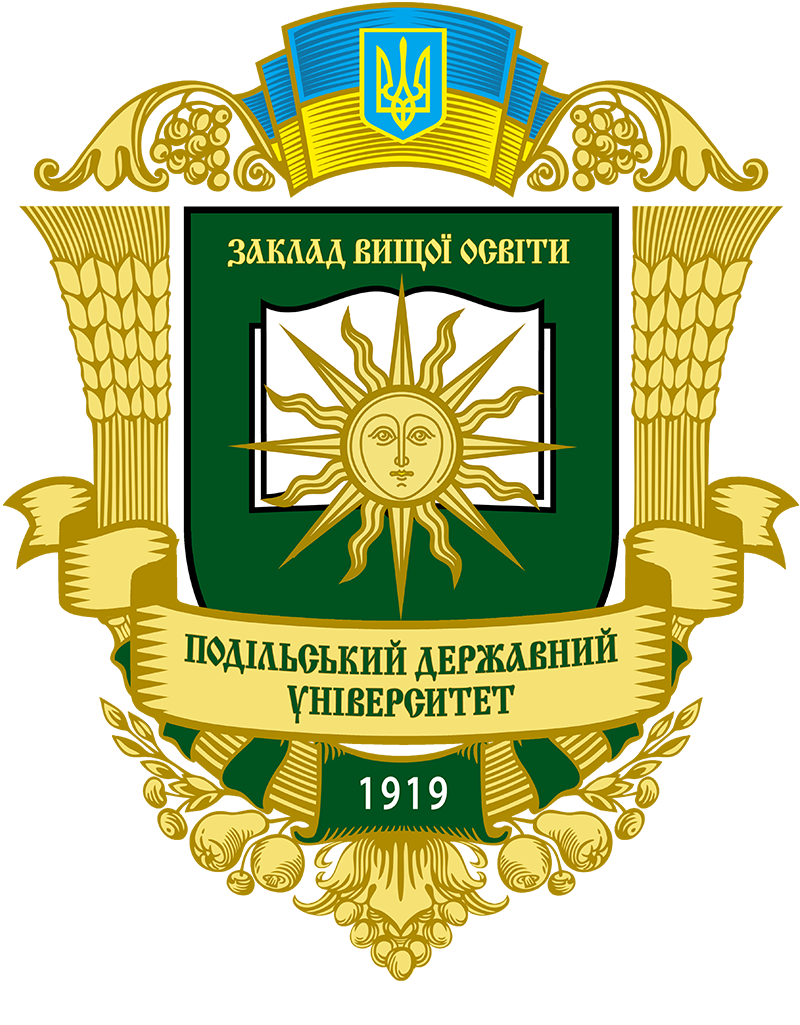DIGITAL TOOLS IN VOCATIONAL EDUCATION IN UKRAINE: HISTORY OF EVOLUTION, FEATURES OF IMPLEMENTATION AND PERSPECTIVES
DOI:
https://doi.org/10.37406/2521-6449/2024-2-8Keywords:
professional education, digital technologies, digitalization of education, digital tools of education, distance course, digital educational resources, social networks, questionnaires, testing, artificial intelligenceAbstract
The digital transformation of society requires constant development and evolution from modern pedagogical science and emphasizes innovation as a key factor in the country's economic development and the corresponding training of personnel competitive on the international labor market. The policy of Ukraine in the field of education is aimed at the modernization of education, which requires the informatization of the educational process and the comprehensive use of digital technologies by both teachers and students. Groups of digital tools used in the educational process include: learning management systems (LMS, Moodle, Canvas, Blackboard); search engines (Google, Search.com.ua, Google Academy); tools for conducting online sessions (Zoom, Microsoft Teams, Google Meet); tools for creating and distributing educational materials (Microsoft PowerPoint, Prezi, Google Slides, Camtasia); means of interaction and communication with students (Email, WhatsApp, Viber, Telegram, Skype, Slack); tools for assessing students' knowledge (Google Forms, Kahoot!, Unicheck); tools for organizing and storing data (Google Drive, Dropbox, OneDrive); data analysis and visualization tools (Microsoft Excel, Google Sheets, Tableau); boards for collaboration (Miro, Jamboard, Padlet); tools for interactive exercises (Learning Apps, wizer.me, ClassTools.NET); tools for creating didactic materials (Stud Stack, Wordwall); artificial intelligence (ChatGPT, Gimini), etc. Recent years and events – the COVID-19 pandemic and the illegal full-scale invasion of Russian troops on the territory of Ukraine under the influence of global globalization and scientific and technological progress affect the role of teachers and teachers, who, taking into account the needs of students and pupils in distance learning and in the daily use of electronic resources, change their role to a more mediating one, helping future specialists in accessing digital technology products and contributing to the improvement of the necessary abilities, skills, and practical experience. That is why professional education requires appropriate training, continuous training of teachers in order to improve the quality of education and acquire new traits and skills for creating new interactive materials and individual learning plans, maximally adapted to modern realities and everyday use of innovative digital technologies, which would contribute to increasing motivation. ensured interest and comprehensive participation of applicants in the educational process.
References
Генсерук Г., Бойко М., Мартинюк С. Цифрові інструменти комунікації в освітньому процесі закладу вищої освіти. Наукові записки Тернопільського національного педагогічного університету імені Володимира Гнатюка. Серія «Педагогіка». 2022. № 1 (1). С. 31–39. DOI: https://doi.org/10.25128/2415-3605.22.1.4
Григор’єва Т. І., Проценко М. М. Сучасні тенденції та перспективи використання штучного інтелекту в комп'ютерних системах. URL: http://www.sci-notes.mgu.od.ua/archive/v40/31.pdf DOI: https://doi.org/10.32782/2663-5682/2024/40/29 (дата звернення: 28.10.2024).
Ковальчук А. Цифрові інструменти в діяльності педагога професійного навчання. Молодь і ринок. 2024. № 6 (226). С. 171–176. DOI: https://doi.org/10.24919/2308-4634.2024.307879
Махнов Є.О. Цифрові освітні ресурси та цифрові освітні інструменти : стаття-доповідь на курси чи педраду. URL: https://bit.ly/3YOiTtp (дата звернення: 28.10.2024).
Гейміфікація як інноваційний кейс професійної підготовки педагогічних працівників ЗВО в умовах дистанційного навчання / Михайлова Л. М., Семенишина І. В., Краснощок І.П., Ступеньков С. О. URL: https://zenodo.org/records/7795391 DOI: http://dx.doi.org/10.5281/zenodo.7795391 (дата звернення: 27.10.2024).
Технологічні характеристики систем управління навчанням / Самойленко О. М., Бацуровська І. В., Ручинська Н. С., Самойленко О. О. International Scientific and Practical Conference “WORLD SCIENCE”. 2017. № 10(26), Vol. 3. С. 60–64. URL: https://journals.indexcopernicus.com/api/file/viewByFileId/445957.pdf (дата звернення: 28.10.2024).
Семеріков С.О., Стрюк М. І., Моісеєнко Н. В. Мобільне навчання: історико-технологічний вимір. Теорія і практика організації самостійної роботи студентів вищих навчальних закладів : монографія. Кривий Ріг : Книжкове видавництво Киреєвського, 2012. С. 188–242. URL: http://elibrary.kdpu.edu.ua/xmlui/handle/0564/972
Сиволапенко Т. Л. Досвід зарубіжних країн із впровадження цифрових концепцій: реалії та перспективи для України. Держава та регіони. Серія «Державне управління». 2019. № 3 (67). URL: http://pa.stateandregions.zp.ua/archive/3_2019/22.pdf DOI: https://doi.org/10.32840/1813-3401-2019-3-20 (дата звернення: 28.10.2024).
Хміль Н. А., Галицька‐Дідух Т. В., Цяньці В. Використання віртуальної та доповненої реальності в українській освіті. Академічні візії. 2023. № 22. URL: https://academy-vision.org/index.php/av/article/view/505/463 DOI: http://dx.doi.org/10.5281/zenodo.8251886 (дата звернення: 28.10.2024).
Plato: The first language learning program (1960) by Mateusz Wiącek URL: https://www.taalhammer.com/plato-the-firstlanguage-learning-app/ (дата звернення: 28.10.2024).
TOP 100 Tools for Learning 2022. Results of the 16th Annual Survey (2022). URL: https://toptools4learning.com/toptools-by-category (дата звернення: 29.10.2024).
Udemy vs Coursera vs Udacity vs Edx: The Ultimate Comparison. URL: https://www.transizion.com/udemy-vs-courseravs-udacity-vs-edx/ (дата звернення: 29.10.2024).








